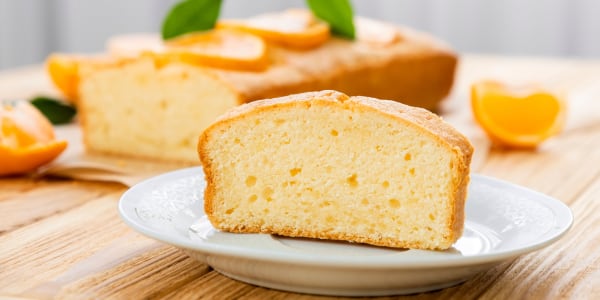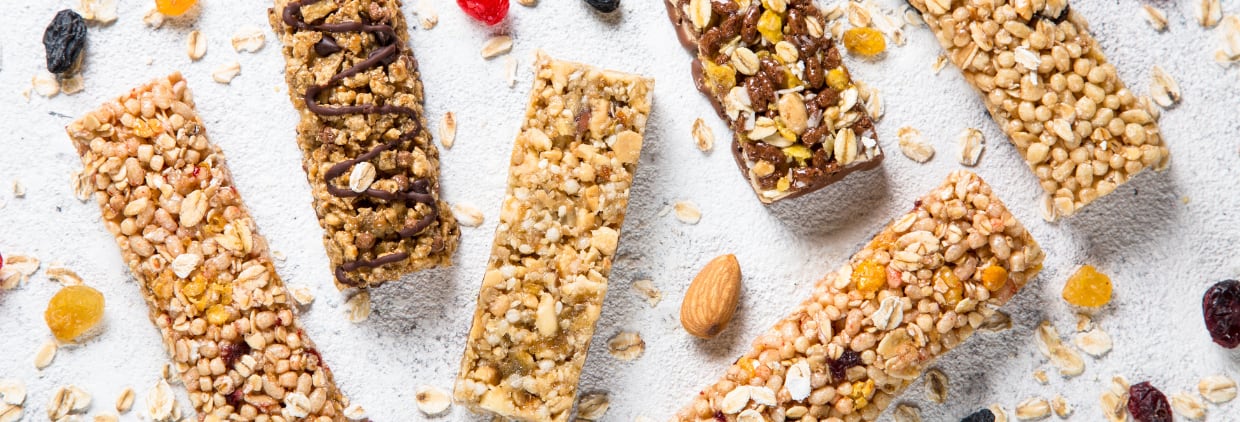As the bird flu crisis reshapes global egg supply chains, food innovators are engineering alternative solutions that deliver functionality, resilience and sustainability.
Eggs have long held a non-negotiable position in food manufacturing. They bind, leaven, emulsify, and enrich – offering a rare complexity that makes them difficult to replace. But today, the pressure to find viable alternatives has never been greater.
In both the US and Europe, the food industry is navigating a perfect storm: soaring egg prices, supply volatility caused by avian influenza outbreaks and shifting consumer values around sustainability and animal welfare.
According to the U.S. Department of Agriculture, approximately 163 million chickens, turkeys and other birds have either died or been culled due to bird flu since the outbreak began in 2022.¹ And the pace of infection shows no signs of slowing. In the US in January 2025 alone, 19.5 million egg-laying hens were culled – the highest monthly toll since March 2022.¹
Europe has also been hit hard. Bird flu has spread faster across the EU in 2024 than during a milder 2023, raising fears of a repeat of previous crises. Since October 2021, more than 280 million birds have died from the highly infectious H5N1 strain – a catastrophic toll on both poultry farming and wild bird populations.²
Against this backdrop, egg alternatives are no longer niche solutions, they are becoming foundational to the future of food manufacturing. The global egg replacer market will exceed an estimated $2.1 billion by 2030, growing at a CAGR of 6.6%.³
But this shift is not driven by cost alone. Food producers are also seeking cleaner labels, allergen-free recipes, and ingredient systems less vulnerable to global disruptions. The challenge? Achieving all this without compromising on the sensory and functional roles eggs play in recipes.
Value-added solutions for partially or fully replacing eggs
One of the most recent breakthroughs in this space comes from CSM Ingredients group – a global leader in ingredient research and development, comprising CSM Ingredients and HIFOOD. With deep expertise in bakery, plant-based systems and value-added solutions, the group is helping lead the evolution toward reduced-egg and egg-free formulations.
“Creating solutions that allow the food industry to decrease its reliance on eggs is no longer an option, it’s a matter of necessity,” says Christian Sobolta, Managing Director at CSM Ingredients group.
“The mass culling of animals, the economic pressure on producers and the uncertainty facing consumers are all signals that the current system is unsustainable.
“We need to rethink how key ingredients are sourced and used – developing smarter, more sustainable and more resilient alternatives that serve the entire supply chain. This is where planet health, animal welfare and cost-efficiency intersect,” adds Sobolta.
CSM Ingredients group’s newest launch, Egg ‘n Easy Plus, is a plant-based powder that enables up to 100% replacement of whole eggs in brioche and up to 50% in cakes and muffins, while maintaining structure, texture and taste.
With egg prices swinging and availability shrinking, the ability to cut egg use without compromising product quality is now a priority. Egg-related costs can drop by up to 55% when switching from free-range eggs to Egg ‘n Easy Plus, according to estimates by CSM Ingredients. At the same time, the solution can help manufacturers maintain moisture retention, texture and freshness.
Its formulation includes wheat protein (for crumb elasticity), vegetable fibers (to lock in moisture), sorbitol (for softness) and enzymes to enhance dough workability and mouthfeel. It is designed to be modular, adaptable to different production setups and recipe requirements. It is also available in a fully clean-label version.
Egg ‘n Easy Plus is the most advanced version in the Egg ‘n Easy range, a system of solutions that covers a vast number of applications: sponge, muffin, cake, waffle, pancake, shortcrust and brioche.

A dual approach
What sets CSM Ingredients group apart in this field is its dual-track research and development strategy, aimed at addressing both the immediate market demands and long-term scientific frontiers of egg substitution.
In the short term, its work revolves around smart formulations that replicate the functionality of eggs using plant-based building blocks like fibers (e.g. flaxseed), wheat and yellow pea proteins and specialized enzymes.
These components are optimised based on single applications as eggs play different roles and bring different attributes in different applications. For example, emulsification is key in sauces, while in bakery eggs are key to bring structure, aeration and thermocoagulation.
This application-driven approach is made possible by the deep expertise and specialised knowhow of CSM Ingredients group’s teams, where master bakers, pastry chefs and gastronomic scientists all work closely together with product developers to fine-tune ingredient interactions.

In the long-term, CSM Ingredients group is exploring truly radical solutions. One standout initiative is the collaboration with biotech start-up PoLoPo, focused on producing ovalbumin-like proteins from a specific variety of potato through precision biotechnology. This isn’t about imitating eggs – it’s about replicating the functional molecules found in egg whites, using plants.
“In the long term, this approach could allow us to move beyond mimicry and actually reconstruct the most complex protein systems found in eggs,” says Emanuele Pizzigalli, Chief Research and Innovation Officer at CSM Ingredients group.
“We’re not just trying to replicate functionality – we’re trying to reproduce the molecule itself, using biotechnology rooted in the plant world. That’s what makes this a game changer: it’s a precise, clean and scalable path toward truly functional egg alternatives that don’t rely on animal agriculture.”
Building a portfolio of egg alternatives
While Egg ‘n Easy Plus represents a major leap in bakery innovation, CSM Ingredients group’s egg reduction strategy is broader in scope. It also includes, for example, smart alternatives to egg washes.
Magic GLAZE is a vegan-friendly, egg-free alternative to traditional egg washes. Applied before baking, it creates a golden sheen and crispy finish typical of an egg glaze – without the hygiene or shelf-life concerns. It is also available in a freeze-thaw stable version, making it ideal for frozen baked goods that require consistent appearance post-thaw.

Looking ahead: Less egg, more resilience
The egg shortage crisis is not just a supply chain issue, it’s a turning point. It underscores how dependent modern food systems are on a narrow set of ingredients, and how quickly that dependency can become a liability.
Solutions like Egg ‘n Easy offer a glimpse into a different kind of future – one where cost-effective, plant-based and functionally robust alternatives make the food system more adaptable, inclusive and sustainable.
CSM Ingredients group’s approach recognises the complexity of the egg and seeks to meet it with a broad range of solutions, ranging from application-driven mimicry to long-term molecular precision, shaping the path forward in a way that is grounded in both innovation and real-world practicality.
As manufacturers look to resist the next wave of ingredient disruptions, the companies that can offer versatile, science-backed and scalable solutions will be the ones best equipped to lead. And it may be those companies willing to rethink even the most fundamental ingredients that help write the next chapter of food evolution.
References
- Reuters. Explainer: How bird flu has sent US eggs prices skyrocketing.
- The Guardian. Forgotten epidemic: with over 280 million birds dead how is the avian flu outbreak evolving?
- Prophecy Market Insights. Egg Replacer Market is estimated to be US$ 2,132.4 million by 2030 with a CAGR of 6.60% during the forecast period.



